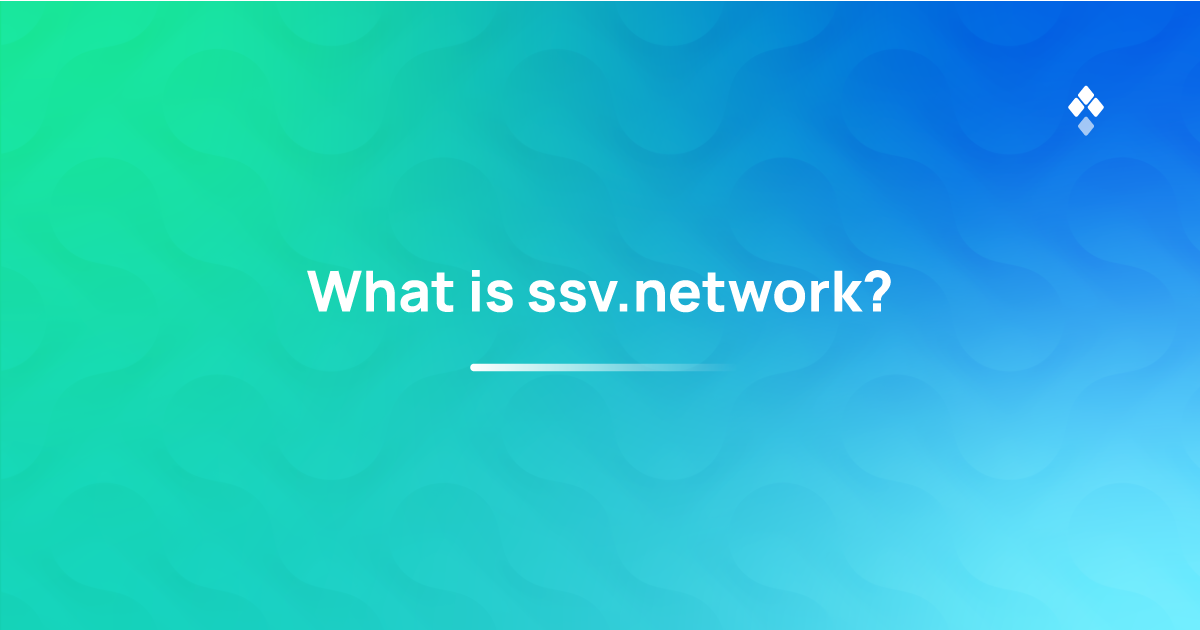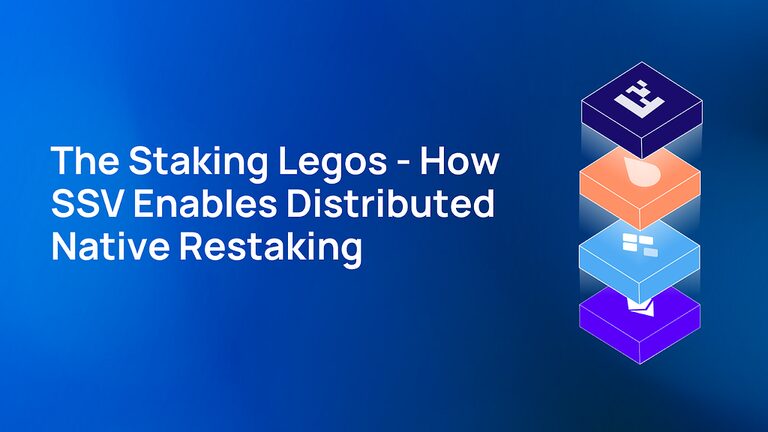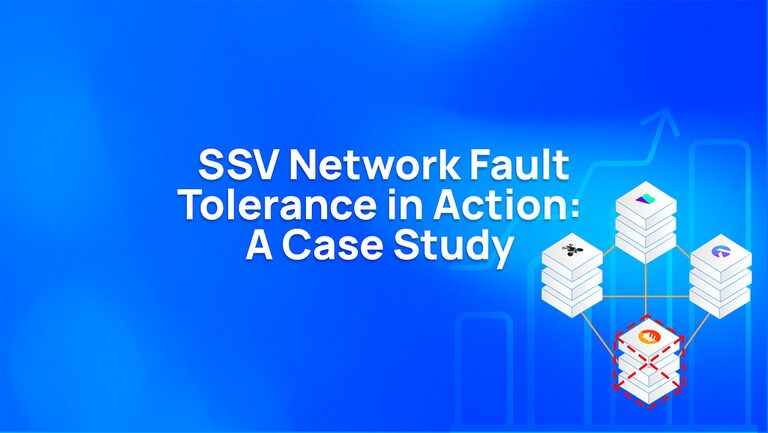What is ssv.network ?

Ethereum is one of the most popular blockchains because it was the original one to feature smart contracts. But that doesn’t mean it is not without its flaws.
We’ve come a long way since the early days of Bitcoin and blockchains with the most recent development being the ETH 2.0 upgrade. When Ethereum switches to a PoS consensus it will replace miners by staking ethereum for boosting decentralization.
When Vitalik announced that Ethereum would be transitioning from a PoW to a PoS model, we knew that this would open new possibilities to play around with staking in the crypto world. The team behind ssv.network has always been pro-PoS because we simply liked the idea of involving more participants in the network, as anyone can become a validator and receive ETH rewards. But we also wanted to take one step further than Staking-as-a-Service with something more secure, more inclusive, and more conducive to long term decentralization.
This is how ssv.network came to be.
Many people are thrown off by the similarities and instantly think of ssv.network as yet another staking service. But they couldn’t be more wrong. It is actually an open source protocol anyone can use to access decentralized staking on the Ethereum blockchain. The protocol functions by creating a decentralized staking infrastructure that enables the distributed operation of an Ethereum validator. And while it sounds confusing, it’s anything but.
A New Decentralized Method for ETH Staking
Staking ETH has always been open to anyone who wants to help secure the network and get compensated for their efforts. The main obstacle to becoming an Ethereum validator remains the high cost — the 32 ETH required are now worth just over $100k as the value of ETH skyrocketed to new highs. Not to mention that not many people want to incur the penalty for going offline at any point. And even fewer can run a validator node 24/7 (this can be a PC, remote server, Raspberry Pi or similar) with a stable Internet connection.
But what if there was a shared, non-custodial way to be an Ethereum validator?
ssv.network was developed with various objectives in mind. The first was to enable a validator setup with no prior technical knowledge and understanding of blockchain. The second was to provide stakers with a fault tolerant, slashing-free decentralized security layer while generating ETH rewards. And the third (and our favourite) — to allow anyone — be it a developer, researcher or analyst — to build on top of SSV. Applications built on top of ssv.network will allow service providers and builders to ensure a fully decentralized ETH staking offering to their users. Defi protocols for example will be able to natively offer ETH staking and issue liquidity tokens while running zero infrastructure and maintaining decentralization all across the tech stack.
An open source protocol that is strictly community-centric
ssv.network is a fully decentralized and open ETH staking network. The core of our protocol is a Secret Shared Validators (SSV) — a secure and robust way to split a validator key for ETH staking between non-trusting nodes, or operators. What this means is that anyone who wants to run an Ethereum validator can now do it with no hassle. And this applies to DIY users, staking pools and big institutional staking services alike.
The protocol enables the distributed control and operation of an Ethereum validator. But the validator key is split so no operator has to trust the other to operate. It is even possible for a certain amount of nodes to go offline without affecting network performance, and no operator can take unilateral control of the network. This achieves a higher degree of decentralization, fault tolerance, and optimal security for staking on Ethereum.
Anyone who wants to join the ssv.network as an operator must run an SSV node. To do so, you must run your node, generate operator keys and register to the network. The other option is to become a validator (staker) and distribute your validator key to Operators. You must have an active validator before running it on the SSV network. After generating new keys via Ethereum’s Launchpad and depositing your validator to the deposit contract, you can select between multiple staking providers, clients, servers and geolocations and start staking. Any of these user groups — stakers and operators — can also act as DAO members and take a meaningful role in governing the ssv.network.
The result is a protocol that proposes new, innovative ways to stake and profit from ETH true to the core spirit of decentralization.


